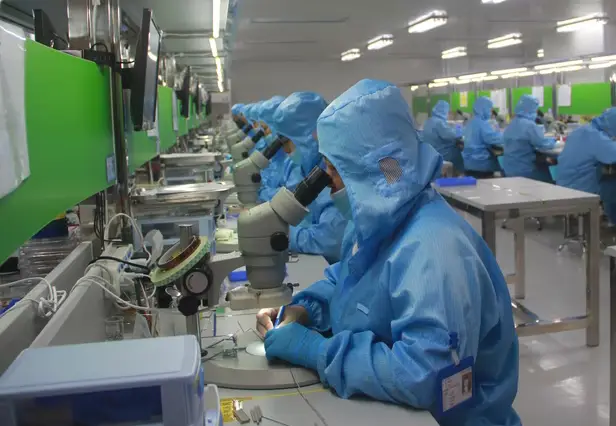On Saturday, Novartis-owned biopharmaceutical company Sandoz announced it has launched a biosimilar version of AbbVie Inc’s massively popular arthritis treatment drug Humira, which will increase competition for the treatment which began in January.
The Swiss drugmaker said that the new drug, named Hyrimoz, will see its price set at 5% below the $6,992 per month list price of Humira. However it will also offer an unbranded version of Humira that will be discounted 81%.
Analysts have noted that biopharmaceutical companies will most likely offer small discounts when they launch their Humira biosimilars in a bid to appeal to pharmacy benefit managers, which are paid in part based on a percentage of the discounts they are able to negotiate for customers such as large employers and healthcare plans.
It is expected healthcare systems which act as both an insurer and a provider, and which do not usually seek aftermarket discounts the way pharmacy managers do, will be attracted to the lower-priced version.
Although biosimilars are designed to function in the same way as an original, branded biotech drug, they will not be perfect copies molecularly, as regular generic versions of drugs are. Regular drugs will be synthesized using a precise chemical engineering process. A generic version of such a drug will be identical, and produced using the exact same engineering process.
Biosimilars and the biologics they mimic are both produced in living cells, with examples being mRNA, monoclonal antibodies, recombinant proteins, or stem cell therapies. Because they are produced in living organisms, biosimilars will have slight differences. However functionally they will adhere to the same safety standards, and they will be required to demonstrate the same level of efficacy.
The first biosimilar of Humira was launched earlier this year by Sandoz-rival Amgen. Its biosimilar debuted with a discount, compared to Humira, of 5% to 55% depending on who was purchasing.
Analysts predict that by the end of the year, there will be at least nine biosimilars of Humira, a drug also prescribed for both ulcerative colitis and psoriasis, which will be released on the market by companies including Pfizer Inc and Celltrion of South Korea.

